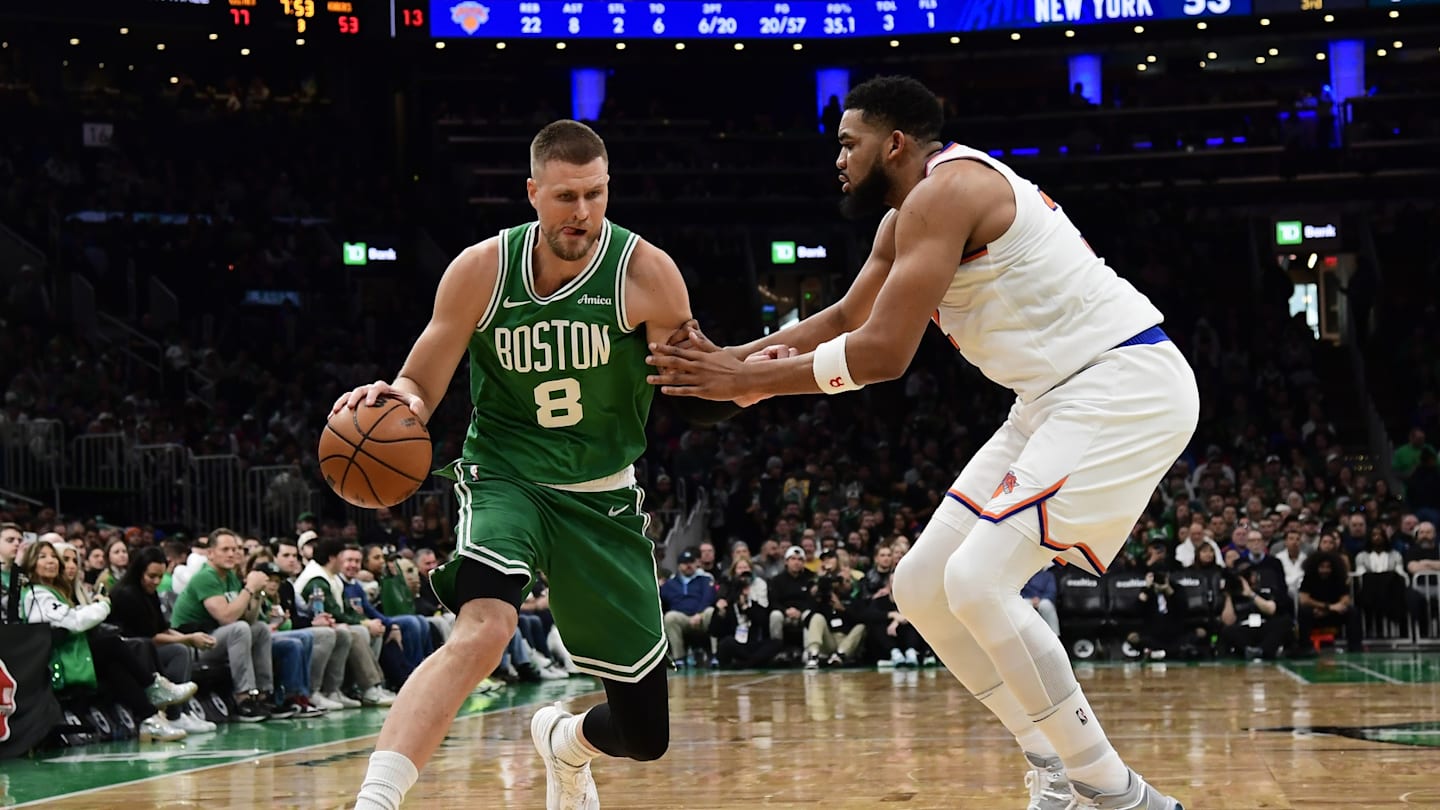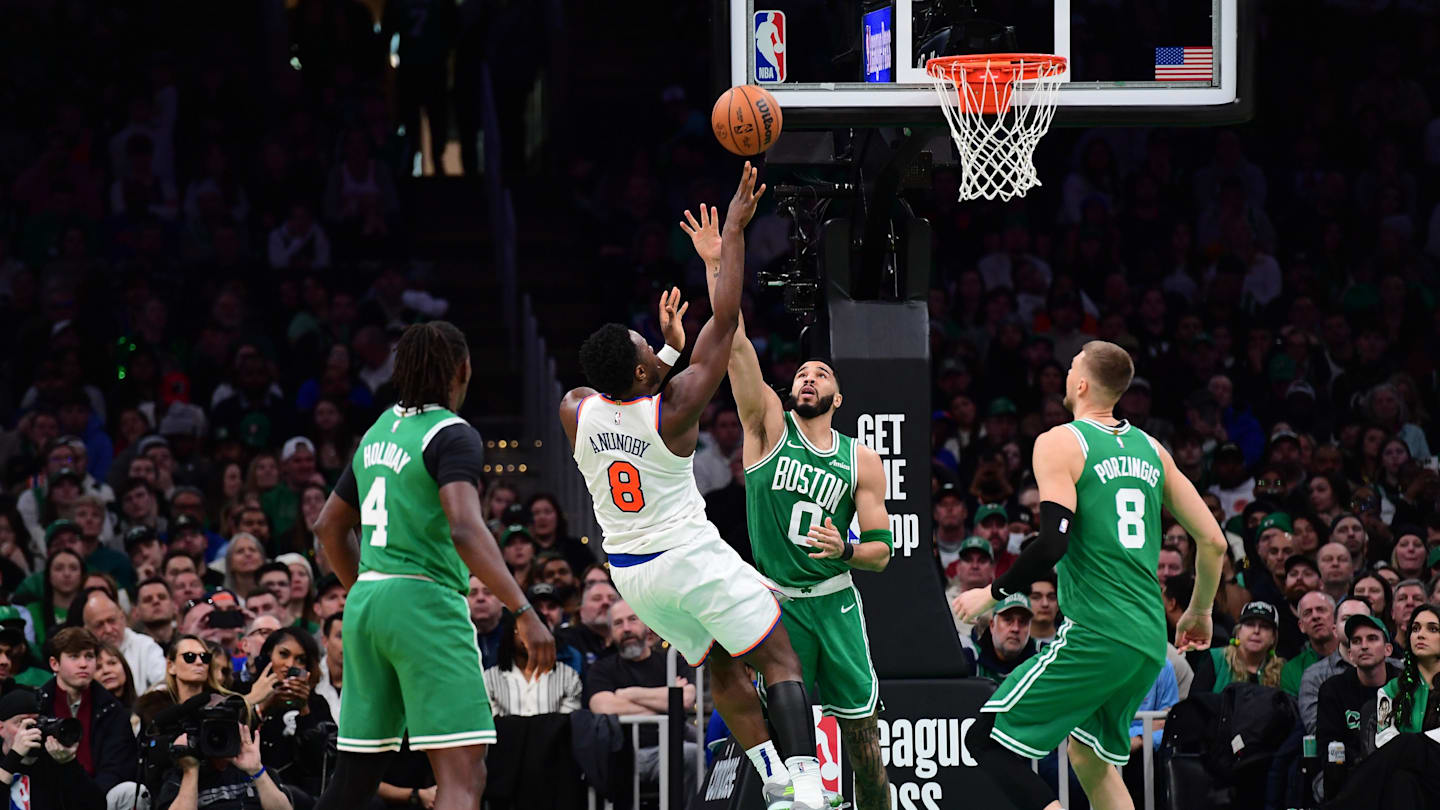TBS, Warner Bros. Discovery Sue NBA Over Loss of TV Deal

In a court filing at a New York trial court Thursday, TBS and Warner Bros. Discovery sued the NBA, NBA Media Ventures and NBA Properties.
“You are hereby summoned to answer the complaint in this action and to serve a copy of your answer,” a summons written attorney David Yohai read. Yohai, a senior partner in the litigation department of Weil, Gotshal & Manges, is representing TBS and WBD.
The complaint for the lawsuit was filed as a sealed document, though Sportico has obtained a redacted version. The plaintiffs contend WBD lawfully invoked a matching clause to match an offer by Amazon to broadcast games from 2025-26 through 2035-36, while the NBA says WBD failed to match the terms of Amazon’s offer.
WBD seeks a jury trial for unspecified monetary damages and a judge-issued injunction that would declare a match, was in fact made and order the NBA to honor it. WBD also asks that if the “issues presented in the complaint” are not resolved in advance of the 2025-26 NBA season, then the NBA should be ordered to not license telecast rights WBD claims it has to Amazon or other third parties.
The lawsuit contains three causes of action that are variations of breach of contract, and a fourth cause of action that would seeks a declaration of WBD’s rights.
The underlying dispute is both simple to understand but complicated to resolve: What counts as sufficiently “matching” in the context of sports broadcasting where every media company handles the delivery of content differently? As Sportico detailed, matching provisions have previously sparked legal disputes, including one in the mid-2000s involving the Houston Astros and Fox Sports.
“Warner Bros. Discovery’s claims are without merit, and our lawyers will address them,” NBA spokesman Mike Bass said in a statement. In the coming weeks, the league will answer the complaint, deny its allegations and motion for its dismissal. It is also possible the NBA could countersue, depending on the nature of the claims.
Meanwhile, in a statement, WBD says the NBA made an “unjustified rejection of our matching of a third-party offer.” The company added, “We strongly believe this is not just our contractual right, but also in the best interest of fans who want to keep watching our industry-leading NBA content with the choice and flexibility we offer them through our widely distributed WBD video-first distribution platforms—including TNT and Max.”
The complaint includes as an exhibit a copy of the 74-page “NBA/TBS Agreement,” dated Oct. 3, 2024, along with some portions of the agreement’s exhibits. The matching provision is included. The provision contemplates numerous scenarios involving the NBA and its media rights incumbents—listed as TBS, ESPN, NBA TV and ABC—continuing or concluding their relationship to telecast NBA games.
One clause notes that if a third-party offer “includes provisions not relating to the [over the air] rights and/or cable rights, an incumbent may accept such Third Party Offer . . . but shall not be required to accept the provisions not relating to either OTA Rights or Cable Rights (or to pay any portion of the fee or other consideration fairly allocable to any such provisions).”
This language suggests the incumbent can match an offer without necessarily accepting all of its provisions.
As WBD tells it, the Amazon offer “unmistakably” related to “cable rights,” which WBD had the right to match. WBD also says it was under no obligation to “accept terms that do not relate to cable rights.”
According to the contract, “cable rights” as a term is defined as “TNT Rights, ESPN Rights, NBA TV Rights and any other national cable network telecast rights to NBA game and related non-game programming).”
The NBA, WBD contends, doesn’t believe WBD matched because “Amazon proposed to distribute NBA games on its Prime Video platform” and “TBS could not match by telecasting the games on TNT and Max.”
WBD says the NBA is “wrong” about that interpretation because WBD (through TBS), has “the exclusive right and obligation to exercise the Cable Rights provided for (and on the same terms set forth) in the Third Party Offer,” and the Amazon offer provides for “cable rights, including TNT Rights,” because (WBD asserts) “the offer is for games that TBS currently has the right to distribute on TNT via Non-Broadcast Television, which includes both cable and Internet distribution.”
The NBA is also depicted as claiming that TBS, as a cable TV network, “cannot match the offer of Amazon.”
This is allegedly because Amazon is an “over the top distributor,” and TBS has not agreed to distribute games via the “specified form of combined audio and video distribution” that Amazon provides its subscribers.
But WBD says this is a flawed argument, insisting the Amazon offer doesn’t provide clarity on the distribution. Instead, Amazon has only “to put the games on Prime Video and the NBA apparently sought to limit Amazon’s distribution to only streaming over the Internet.”
WBD says “TNT, Max, and Prime Video” are not dissimilar, that 70% of Prime video watching “occurs on a television,” and TNT and Max, like Amazon Prime, are also distributed via the Internet.
The NBA/TBS agreement also contemplates the use of arbitration to resolve disputes. That feature could become crucial if the NBA seeks to dismiss the lawsuit to arbitration—and thus keep it out of a public court.
The NBA will also argue that no injunction is appropriate at this time, because the matching concerns broadcasts that won’t begin until the 2025-26 season. Also, to obtain an injunction, WBD will need to establish irreparable harm, which means a harm that money damages can’t remedy.
For example, unless a polluting company is stopped from polluting a lake, no money damages will be able to fix the harm. WBD contends “NBA telecast rights are unique and valuable,” and the loss of them “cannot be fully quantified with money damages.”
Expect the NBA to push back on the irreparable harm argument by contending the loss of this type of broadcasting content can be quantified, since the broadcasting contracts for NBA games have specific monetary values. Moreover, accompanying data (revenue from viewership, advertisements, etc.) can also be quantified.
Also expect the NBA to offer vastly different interpretations of the contractual language. Remember, a complaint is only one side of a story. It is an advocacy document and not a neutral retelling of what took place.
(This article has been updated throughout with information from the legal complaint.)
Related
NBA: Mark Cuban says he would have asked for more…
Feb 13, 2025; Dallas, Texas, USA; Mark Cuban laughs during the second half of the game between the Dallas Mavericks and Miami Heat at American Airlines
NBA Scout Reveals Why Celtics Can Easily Beats Knicks in…
The Boston Celtics are one of the teams who are expected to be a contender at the end of the season. They are the defending NBA champions, so they feel like the
Nikola Jokić gives peak Nikola Jokić interview with Scott Van…
Nikola Jokić is still rewriting the record books — and treating it like just another day at the office. In a 149-141 overtime win over the Phoenix Suns
Knicks’ Struggles vs. NBA’s Elite Explained
The New York Knicks are one of the best teams in the NBA, but as of late, they have been defined more by their struggles than their triumphs.The Knicks are 0-7











